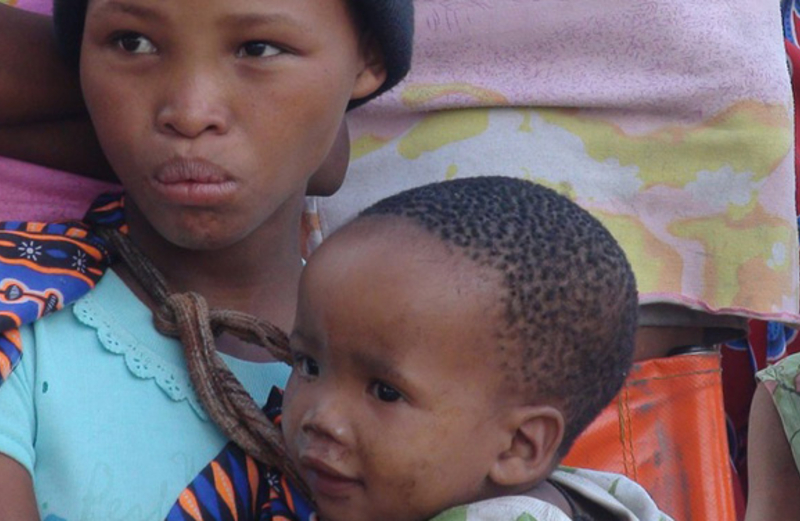Eradicating Gender Based Violence

A cooperative is an enterprise owned and democratically controlled by its members. Cooperative members work in unison to meet their joint economic, social and cultural needs. Ownership matters. It motivates individuals as they have a stake in the success of the organisation. Agricultural cooperatives, specifically, form an important part of the value chain. They help farmers increase their outputs and incomes by pooling available resources through the supply of agricultural inputs as well as enabling the marketing of agricultural produce. They further support small-scale agricultural farmers by mitigating their risk to the vagaries of subsistence farming and increase the bargaining power of its members. They facilitate adherence to fair trade principles and standards that govern national and international commodity trade by ensuring that a fair price is paid to producers for their products.
Key interventions of the NEPAD Spanish Fund for African Women Empowerment include: the organisation of rural women into cooperatives; the legal accreditation of the cooperatives in the country of operation; providing direct access to markets for small scale female farmers; cooperative development for knowledge exchange (ensuring agronomic best practices are adhered to); securing land rights and titles for female farmers through the establishment of cooperatives and facilitating access to credit and credit at lower interest rates. The agricultural cooperatives further helped to equally distribute the cost of ancillary support services such as input costs (seeds, fertilisers, access to both manual and mechanical farming equipment), storage, marketing, and agro-processing activities. Other cooperatives again assisted communities to better manage their finances and obtain credit facilities. Credit activities become the centre of interest and reason for holding village cooperative meetings regularly.
These initiatives resulted in the establishment of cooperatives in Liberia, Guinea-Bissau, Kenya, South Sudan, Mozambique, Angola, Ivory Coast, Togo, Rwanda, Senegal, Burundi, the Democratic Republic of the Congo, The Gambia, Mali and Guinea. More than 20,000 women benefitted from these cooperative development ventures.
